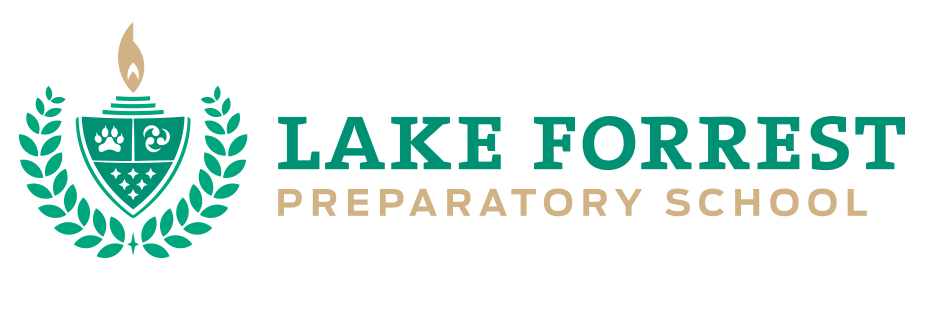Children are exposed to more of the world’s current events than most adults realize. That’s only increased as younger and younger children use social media. The average age of a child getting their first social media account has gotten younger in the last 5 years, and the average age for starting their own account is 12. However, that figure doesn’t include younger children who take mom or dad’s phone, hop on Instagram or Facebook, and mindlessly scroll to stay entertained. Between younger social media usage and rising screen time, children are at an increased exposure to news — and, for better or worse, news commentary.
It’s tempting to try to bury your head in the sand when it comes to discussing hard topics with your child. However, encouraging critical thinking — particularly around civic engagement and helping others — can lead to a more well-rounded, compassionate child.
Start with questions about current events.
When big news breaks, your child will likely have questions. What happened, how it happened, why it happened — parents should be prepared to tackle these to the best of their knowledge. Recognizing questions and being free to ask a trusted adult for answers will help children to think critically as they get older.
Consider your child’s age and development.
Younger kids might not understand the difference between fact and fiction, or even fact and opinion. If your child has questions about current events, remind them that the real world is different from how some people make it out on TV and on Facebook posts.
Say that it’s okay that you don’t know what the answer is.
The world has a lot of big problems, and your child might ask a question you simply cannot answer. Racism and poverty are two huge issues that won’t be solved overnight, nor will any one person hold the answer to solving such complex issues. It’s not always easy to confess “I don’t know,” especially when your child craves answers. Always be sure to follow up your “I don’t know” with “but I’m learning about how I can help more.”
Set limits on social media.
Social media allows people to stay connected, but it can also amplify hatred, bigotry, or misinformation. If your child is older, encourage them to corroborate what they read online with fact-based sources. Remind them that if something is too good to be true, it probably is.
Ask how they want to help.
There’s a strong chance that even if your child doesn’t know exactly what’s going on, they’ll echo the feelings, sentiments and fears you express around a certain news topic. When negative things happen, remember that they’re looking to you to be a voice of reason. Give children the opportunity to come up with ways they can help. For example, in response to news of a hurricane, maybe your child becomes inspired to help with food donations.
Remind your child that good news exists, too.
It’s tempting to focus on the bad, especially when news outlets prioritize breaking headlines and news doesn’t always have a happy ending. Good news should be celebrated when it comes along. Talk about the good “news” in your child’s life, like how they excelled in a class or what new and exciting things they’re looking forward to this week. It will encourage them to seek out the good, even in tough situations.
At Lake Forrest Prep, a leading private school in Orlando, we invest in your child as more than a student. We believe that well-rounded students can change the world. That’s why we encourage learning in the home from everyday events as well as in the classroom. If you’re looking for more tips, check out our blog for parents. Want to learn more about Lake Forrest Prep? Schedule a tour by calling 407-331-5144.


